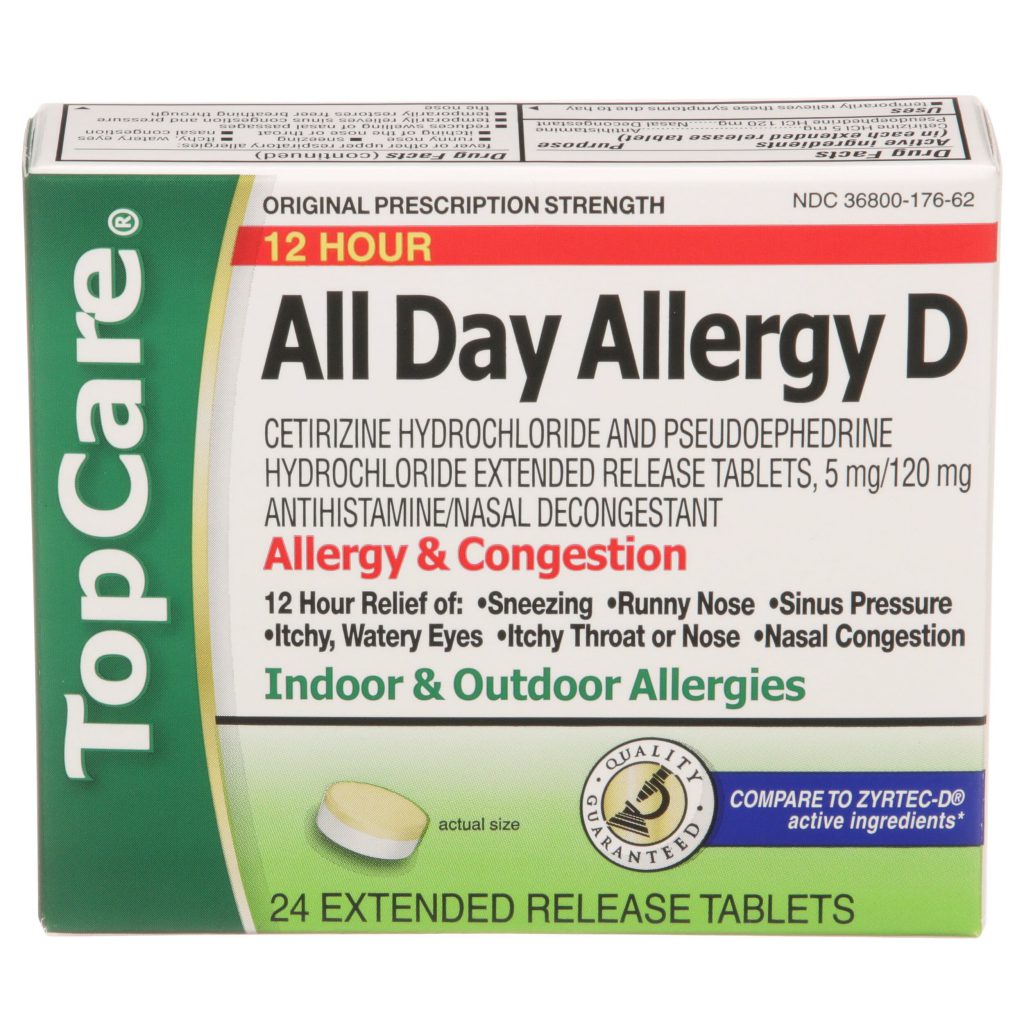

However, if you experience these symptoms, you might actually have the flu. Occasionally, a cold can cause various symptoms like mild body aches, headaches, and in rare cases, fevers – like flu symptoms. Mucinex D (pseudoephedrine-guaifenesin).Here are some of the most common OTC decongestants: “Patients with high blood pressure should use decongestants with caution, best accomplished under a doctor’s supervision.” A nasal spray decongestant, oxymetazoline (Afrin), should be used sparingly and for no more than 1 to 2 days, given its side effect of causing rebound nasal congestion. “Decongestants are medications that shrink the swollen membranes in the nose, allowing for easier breathing,” says Morton Tavel, MD, a clinical professor emeritus of medicine in Indiana. The most common OTC cough suppressant for the common cold is dextromethorphan, as found in Delsym and combination formulations of Robitussin.ĭecongestants are medications that can be taken orally or through a nasal spray. Cough suppressants (also called antitussives) work by suppressing the urge to cough. Cough suppressants are especially helpful to take at night when many people have difficulty sleeping because of their cough. One of the best medications for a cold accompanied by a cough is a cough suppressant. RELATED: Non-drowsy Benadryl: What are my options? Cough suppressants Other antihistamines like Astelin (azelastine), available as a nasal spray or eye drops, require a prescription from a doctor. Chlor-Trimeton (chlorpheniramine maleate).Over-the-counter (OTC) antihistamines that can help treat cold symptoms include: First-generation antihistamines are preferred over second-generation antihistamines because they’re better at treating symptoms like sneezing and a runny nose. Since there is some overlap between allergy and cold symptoms, antihistamines can also treat sneezing, runny noses, and itchy and watery eyes that come from having a cold. None of these medications can cure a cold they only provide symptomatic relief.Īntihistamines primarily treat allergies. The following list of cold medicines can help treat cold symptoms such as a runny nose, congestion, sneezing, sore throat, or coughing. Let’s take a look at some of the best cold medicines so you’ll know what to look for if you or one of your family members gets a cold. Cold medicine like decongestants and cough suppressants can help alleviate symptoms such as a stuffy nose or sore throat. The bad news is that it takes some time to get over a cold virus, but the good news is that treatment requires just a quick trip to the pharmacy. The common cold is a viral infection that affects the nose and throat.
#BEST OTC COUGH SUPPRESSANT HOW TO#
Types of cold medicine | Best cold medicines | How to get rid of a cold fast | Natural remedies | Symptom-specific cold medicines | When to see a doctor Share on Facebook Facebook Logo Share on Twitter Twitter Logo Share on LinkedIn LinkedIn Logo Copy URL to clipboard Share Icon URL copied to clipboard


 0 kommentar(er)
0 kommentar(er)
